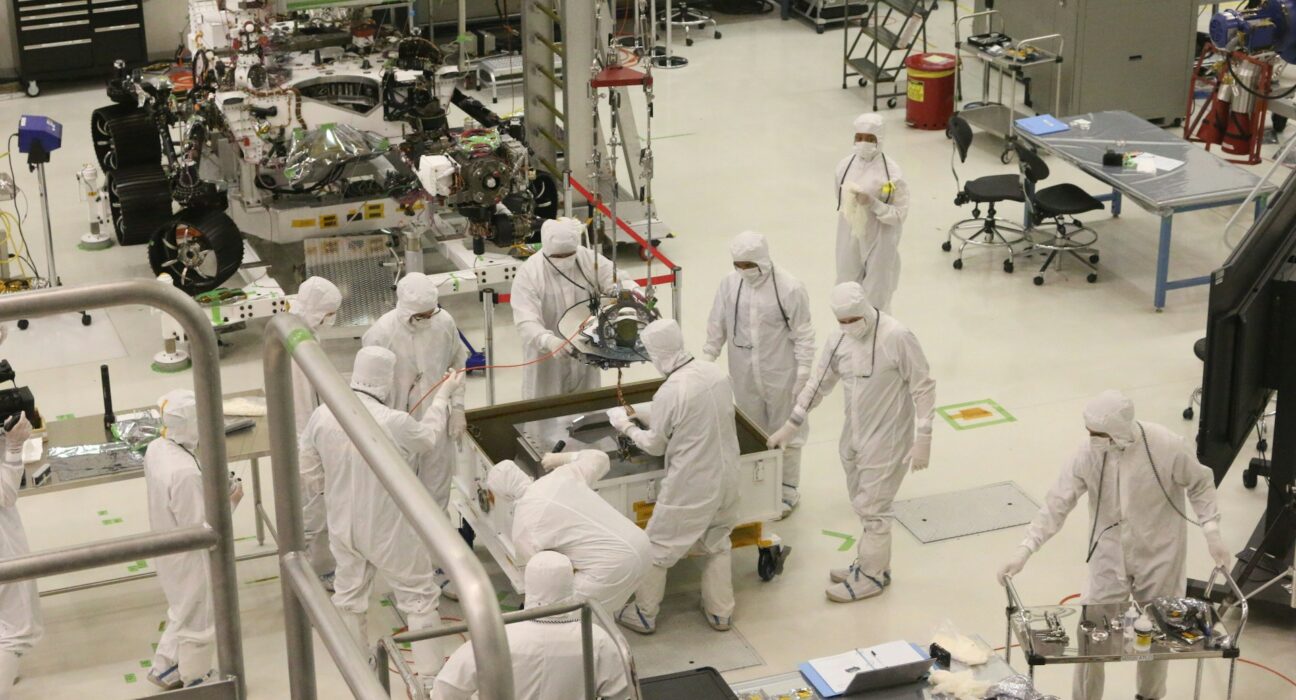Manufacturing facilities worldwide are experiencing their most significant transformation since the Industrial Revolution. Advanced technologies are reshaping production lines, enhancing efficiency, and creating new possibilities for companies across all sectors. From precision robotics to intelligent monitoring systems, these innovations are setting new standards for industrial operations.
This comprehensive overview examines six revolutionary technologies that are defining the next era of manufacturing. Each innovation offers unique advantages that can transform traditional production methods, reduce operational costs, and improve product quality. Understanding these developments is essential for manufacturing leaders who want to maintain a competitive advantage and prepare for future market demands.
Whether you’re managing a large-scale production facility or overseeing specialized manufacturing processes, these technological advances present opportunities to optimize your operations and achieve better results.
Smart Automation Systems Drive Production Excellence
Factory automation has evolved far beyond simple mechanized assembly lines. Modern automated systems integrate artificial intelligence, machine learning algorithms, and sophisticated sensors to create self-optimizing production environments.
Adaptive Manufacturing Networks
Contemporary automation platforms can adjust production parameters in real-time based on material quality, environmental conditions, and demand fluctuations. These systems analyze thousands of data points simultaneously to maintain optimal performance across multiple production stages.
Advanced control systems now incorporate predictive capabilities that anticipate potential issues before they impact production. This proactive approach reduces downtime, minimizes waste, and ensures consistent output quality.
Collaborative Robotics Integration
The latest generation of industrial robots works alongside human operators rather than replacing them entirely. These collaborative systems handle repetitive tasks while allowing skilled workers to focus on complex problem-solving and quality control activities.
Modern robotic systems feature enhanced safety protocols, intuitive programming interfaces, and flexible deployment options that make them suitable for various manufacturing environments.
Precision Power Transmission Technologies
Mechanical power transmission systems form the backbone of industrial equipment, and recent innovations have dramatically improved their reliability and efficiency. These advances enable manufacturers to achieve greater precision while reducing maintenance requirements.
Advanced Gear Reduction Solutions
Modern gear systems deliver exceptional torque multiplication with minimal energy loss. The right angle speed reducer represents a significant advancement in compact power transmission, offering superior performance in space-constrained applications.
These precision-engineered components provide reliable torque conversion while maintaining compact form factors essential for modern manufacturing equipment. Their improved designs reduce vibration, extend operational life, and deliver consistent performance under demanding conditions.
Enhanced Drive System Efficiency
New materials and manufacturing techniques have created drive systems that operate at higher efficiency levels than previous generations. These improvements translate directly into reduced energy consumption and lower operational costs.
Advanced lubrication systems and bearing technologies further enhance reliability while reducing maintenance intervals, allowing production facilities to operate with greater consistency.
Intelligent Quality Control Systems
Quality assurance has transformed from reactive inspection processes to proactive monitoring systems that ensure consistent output throughout production cycles.
Real-Time Inspection Technologies
Vision systems equipped with artificial intelligence can detect defects, measure dimensions, and verify assembly accuracy at production speeds. These systems identify variations that human inspectors might miss while maintaining consistent standards across all shifts.
Machine learning algorithms continuously improve inspection accuracy by analyzing patterns in production data and refining detection parameters automatically.
Predictive Quality Management
Advanced monitoring systems track production variables that influence quality outcomes. By analyzing relationships between process parameters and product characteristics, these systems can predict when adjustments are needed to maintain specifications.
This predictive approach prevents quality issues rather than detecting them after they occur, reducing waste and improving customer satisfaction.
Connected Manufacturing Platforms
Industrial tech networks are creating unprecedented visibility into manufacturing operations. These connected systems provide comprehensive insights that enable better decision-making at all organizational levels.
Integrated Data Analytics
Manufacturing platforms now collect and analyze data from every aspect of production operations. This comprehensive monitoring reveals optimization opportunities that were previously invisible to management teams.
Real-time dashboards provide immediate feedback on key performance indicators, allowing operators to make informed adjustments that improve efficiency and reduce costs.
Supply Chain Coordination
Connected systems extend beyond individual facilities to coordinate with suppliers, logistics providers, and customers. This integration creates more responsive supply chains that can adapt quickly to changing market conditions.
Automated communication systems ensure that all stakeholders receive timely updates about production schedules, inventory levels, and delivery requirements.
Sustainable Manufacturing Solutions
Environmental responsibility has become a driving force behind equipment innovation. New technologies help manufacturers reduce their environmental impact while improving operational efficiency.
Energy Optimization Systems
Advanced power management systems monitor energy consumption patterns and automatically adjust operations to minimize waste. These systems can shift production schedules to take advantage of lower-cost energy periods while maintaining delivery commitments.
Regenerative systems capture and reuse energy that would otherwise be lost during production processes, further reducing overall consumption.
Waste Reduction Technologies
Precision manufacturing systems minimize material waste by optimizing cutting patterns, reducing setup scrap, and improving first-pass yield rates. These improvements benefit both environmental goals and profitability.
Closed-loop recycling systems process production waste into reusable materials, reducing disposal costs and raw material requirements.
Flexible Production Architectures
Manufacturing systems are becoming more adaptable to handle varying product requirements without extensive reconfiguration. This flexibility enables companies to respond quickly to market changes and customer demands.
Modular Equipment Design
Modern manufacturing equipment features modular architectures that allow rapid reconfiguration for different products or processes. This adaptability reduces changeover times and enables efficient production of smaller batch sizes.
Standardized interfaces and communication protocols make it easier to integrate new equipment into existing production lines without disrupting ongoing operations.
Scalable Manufacturing Systems
Equipment trends now emphasize scalability, allowing manufacturers to adjust capacity based on demand fluctuations. Modular systems can be expanded or reconfigured as business requirements change.
This scalability reduces capital investment risks while providing flexibility to capture new market opportunities as they arise.
Preparing for Manufacturing’s Next Chapter
The manufacturing landscape continues to evolve at an accelerating pace, driven by technological innovation and changing market demands. Companies that embrace these advanced technologies position themselves to thrive in an increasingly competitive global marketplace.
Success requires more than simply adopting new equipment—it demands a comprehensive understanding of how these technologies integrate with existing operations and contribute to strategic objectives. Manufacturing leaders should evaluate their current capabilities, identify improvement opportunities, and develop implementation strategies that align with their long-term goals.
The most successful manufacturers will be those who view technological advancement not as a one-time upgrade but as an ongoing commitment to operational excellence and continuous improvement.

